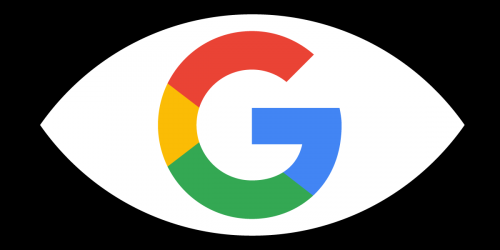EFF has been monitoring the Council of Europe (CoE) and its Internet policymaking process to ensure that they live up to their human rights commitments. A few weeks ago, we submitted detailed comments to the CoE’s Expert Committee on New Media’s draft recommendation and guidelines for social networking services. The Council of Europe is one of the most influential inter-governmental organizations shaping Internet policy. The Strasbourg-based organization is comprised of 47 Member States (more member countries than the total number of countries of the European Union) and its actions can have influence well beyond Europe’s borders. The CoE is particularly important in guiding international law—for better or worse. Its treaties can have teeth and are legally enforceable. Its soft laws, commitments made by member countries that are not legally binding, may create pressure on companies and governments to comply with their Internet recommendations.
The Council of Europe’s track record on Internet privacy and human rights is mixed. On one hand, the CoE adopted the landmark 1980 Privacy Convention, the first legally binding privacy treaty. It has also adopted a declaration upholding anonymity on the Internet as a necessary component of free expression and a bulwark against government surveillance. On the other hand, CoE has also adopted a draconian Cybercrime Treaty which gives overbroad surveillance powers to law enforcement and lacks safeguards for the protection of privacy and civil liberties. These overbroad cybercrime laws are also particularly risky for many developing countries that operate without strong judicial controls or legal safeguards.
Although the CoE advocates user privacy and data protection on social networking services, they are also considering the possibility of an online age verification system for protecting child safety, a mechanism that is ineffective and detrimental to all users’ rights. At the same time, the CoE recognized that there is “no single solution for online age verification that does not infringe on other human rights and/or does not facilitate age falsification.”
In our comments, we reminded the CoE that age verification processes curtail children’s freedom of expression rights, including the rights of older children to read anonymously. Older children may have legitimate reasons to seek out reading material that they might not tell their parents about, and leaking more personal information, such as age, will only increase privacy risks for them.
EFF proposes that the CoE take into account EFF’s Bill of Privacy Rights for Social Network Users, which stresses that individuals have the right “[t]o see readily who is entitled to access any particular piece of information about themselves,” (…) including “government officials, websites, applications, advertisers and advertising networks and services.” Moreover, “[w]henever possible, a social network service should give users notice when the government or a private party uses legal or administrative processes to seek information about them, so that users have a meaningful opportunity to respond."
We also reminded the CoE that Facebook’s Terms of Service requires Facebook users to provide their real names and information. This practice creates serious risks for dissidents and human rights workers, who must choose between using their real names, which can lead to government reprisals, and using a pseudonym, which leaves their accounts vulnerable to deletion for Terms of Service violations.
In reply to the open consultation, the CoE Committee agreed to update their draft guidelines in particular to strengthen the text to provide “a clear support for anonymous profiles on social networking services.” The Committee will hold its next meeting on 22 and 23 September 2011.
You can read the full submission here. We will continue to monitor the Council of Europe‘s work, and to get involved directly where we can.







